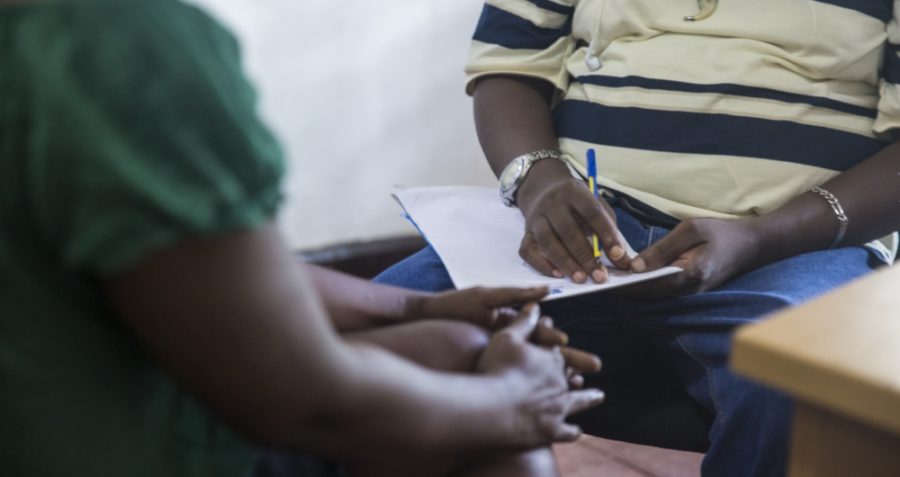Championing the health and rights of young people who use drugs in Zimbabwe
 © Corrie Wingate for Frontline AIDS
© Corrie Wingate for Frontline AIDS
Last month, Zimbabwe Civil Liberties Drug Network hosted the Health for Justice, Justice for Health Youth Concert. We learn why we can't ignore the rights of young people who use drugs.
Over 1,000 people in Harare joined local artists, civil society organisations and health officials to highlight that people who use drugs have the right to health. They should also access health services without fear of arrest or criminalisation.

In Zimbabwe, the Dangerous Drugs Act (Chapter 15) and the Criminal Code (Chapter 7) makes it a crime to possess small quantities of illicit drugs even for personal use. The impact of these laws on young people and their health is huge. For example, young people are going underground and not seeking treatment. The result is a scenario where 45% of mental health admissions in Zimbabwe are attributed to drug use according to the ministry of Health in Zimbabwe`s mental health department. In more than three field visits in Zimbabwe`s prisons, young incarcerated prisoners who are using drugs have confessed that there is no treatment for drug use because there is no training for prison officers. This again impacts on the health of incarcerated young users.
Positive next steps
Our advocacy drive to raise the issue of health rights for young people who use drugs was boosted by media coverage of the concert on ZBC, Zimbabwe’s main national broadcast news channel. We stressed the importance of information sharing and dissemination on harm reduction programs for young people in Zimbabwe. Also, Councillor Hami Madzingira, the Harare City Council Committee Chairperson on Education, Health, Housing and Community Services and Licensing, representing the Mayor of Harare’s office, publicly thanked ZCLDN for bringing the issue to a public arena. In his speech, he indicated that drug awareness campaigns on using drugs should be available to young people because they are the future.
What’s next for the campaign?
Following the concert’s successful engagement of multiple stakeholders, we will continue our advocacy for the health and rights of young people who use drugs. Currently, there is no dedicated programming for young people who use drugs from the central government, with funding and programming going to mental health interventions. We will contest this as people who use drugs should be separated from mental health patients. But under the current system they are sent to mental health institutions for further management, a situation we are fighting to overturn.
Elsewhere, we will move forward with our sensitisation work with parliamentarians, the police and leading health officials. Also, dates have been set to train an interministerial committee working on the drug master plan in Zimbabwe. Our priorities will be:
- undertaking a survey on the quality of care given to people who use drugs at the primary health care level,
- calling for decriminalisation of personal drug use, identifying existing sites for drug user friendly clinics
- training of at least twenty nurses on how to handle and assist people who use drugs when they visit local clinics.
This is all preparation for future harm reduction programmes in the city’s primary health care system. But above all, a drug policy reform bill should be available by 2020 in the parliament of Zimbabwe. These positive and encouraging developments bring us closer to health justice for young people using drugs in Zimbabwe and all other personal drug users.
Wilson Box is the Executive Director of the Zimbabwe Civil Liberties Drug Network, a partner in the Partnership to Inspire, Transform and Connect the HIV response (PITCH), a strategic partnership between Aidsfonds, Frontline AIDS and the Dutch Ministry of Foreign Affairs.
Tags
DecriminalisationPeople who use drugsPITCH

